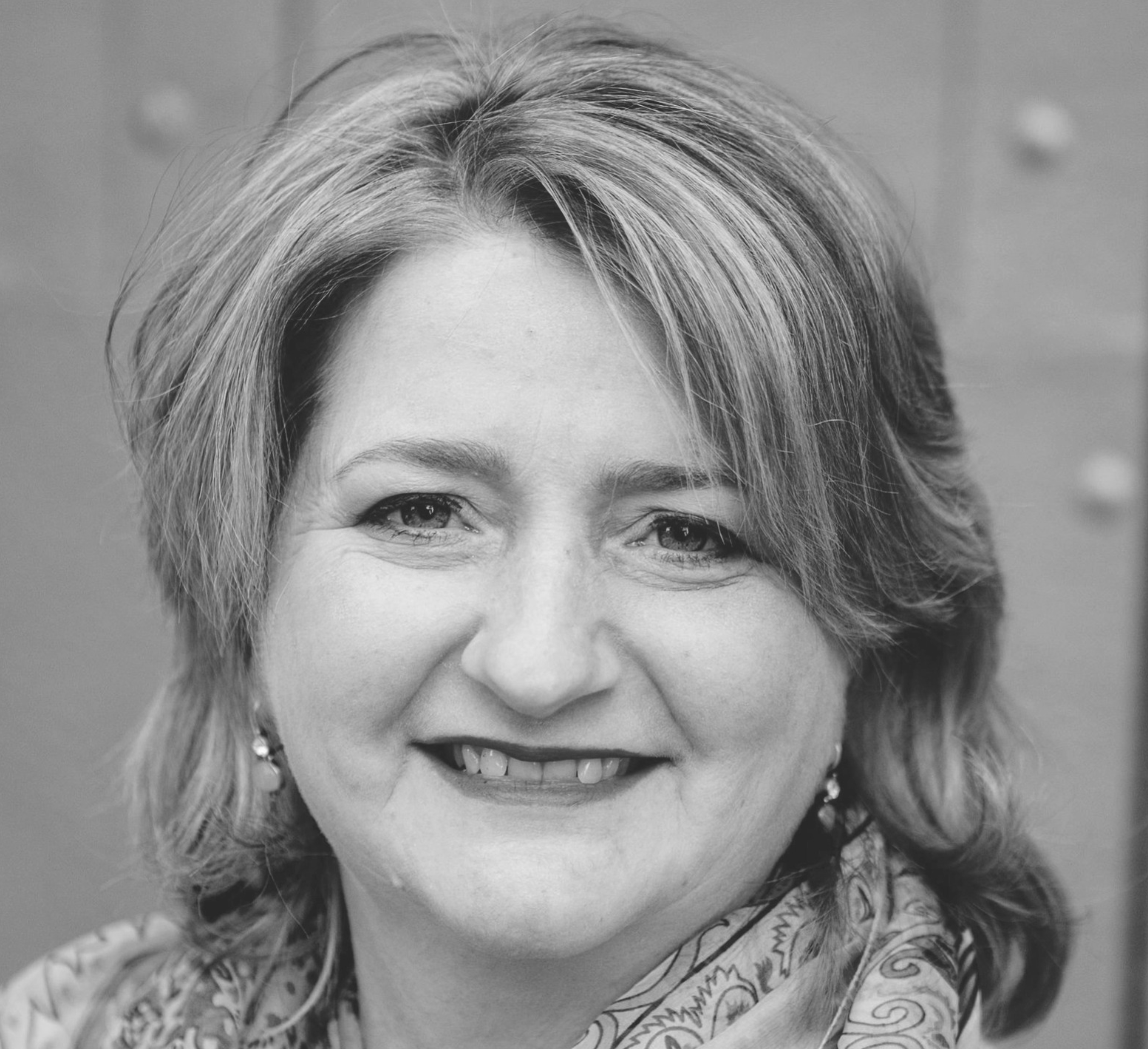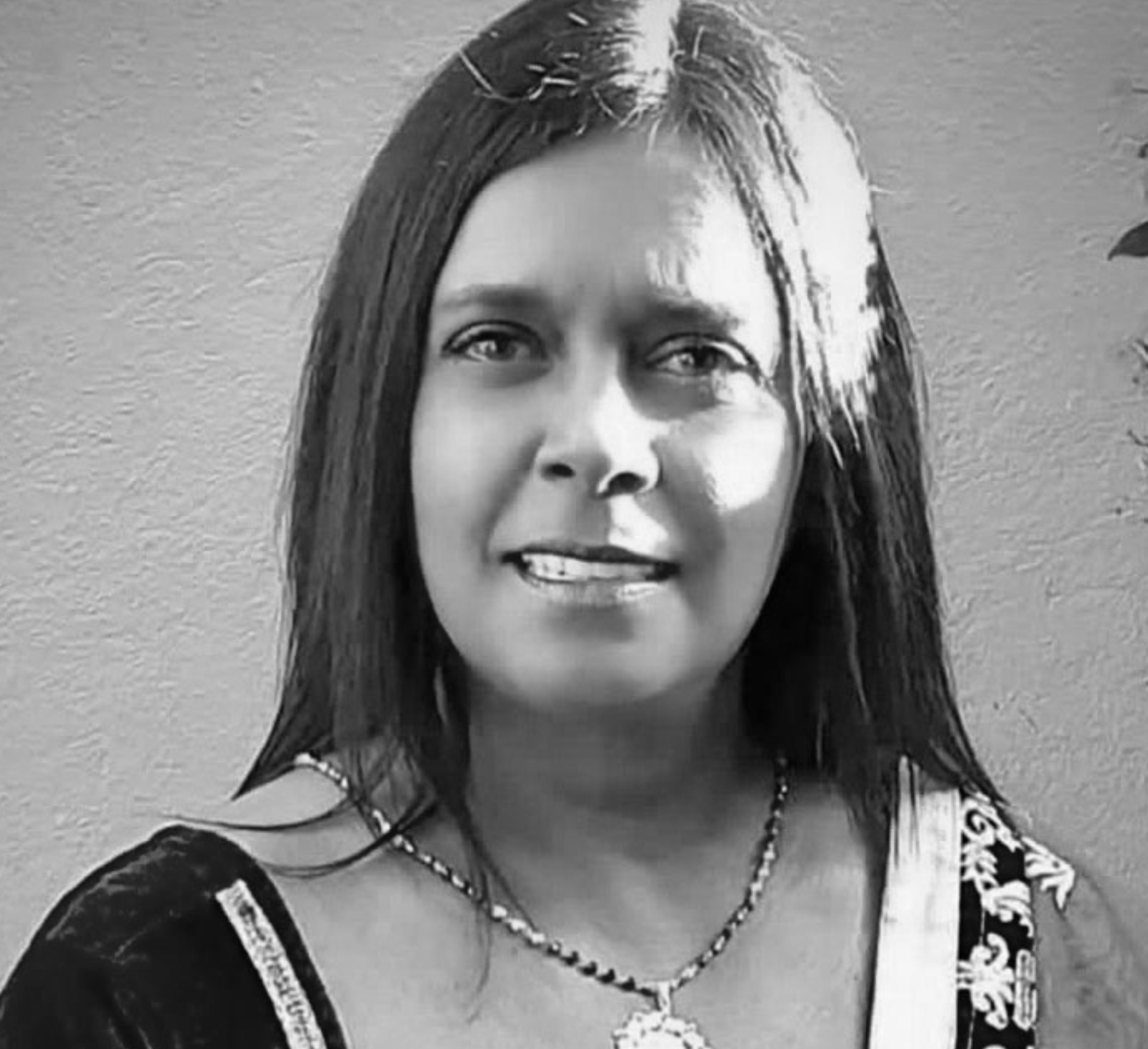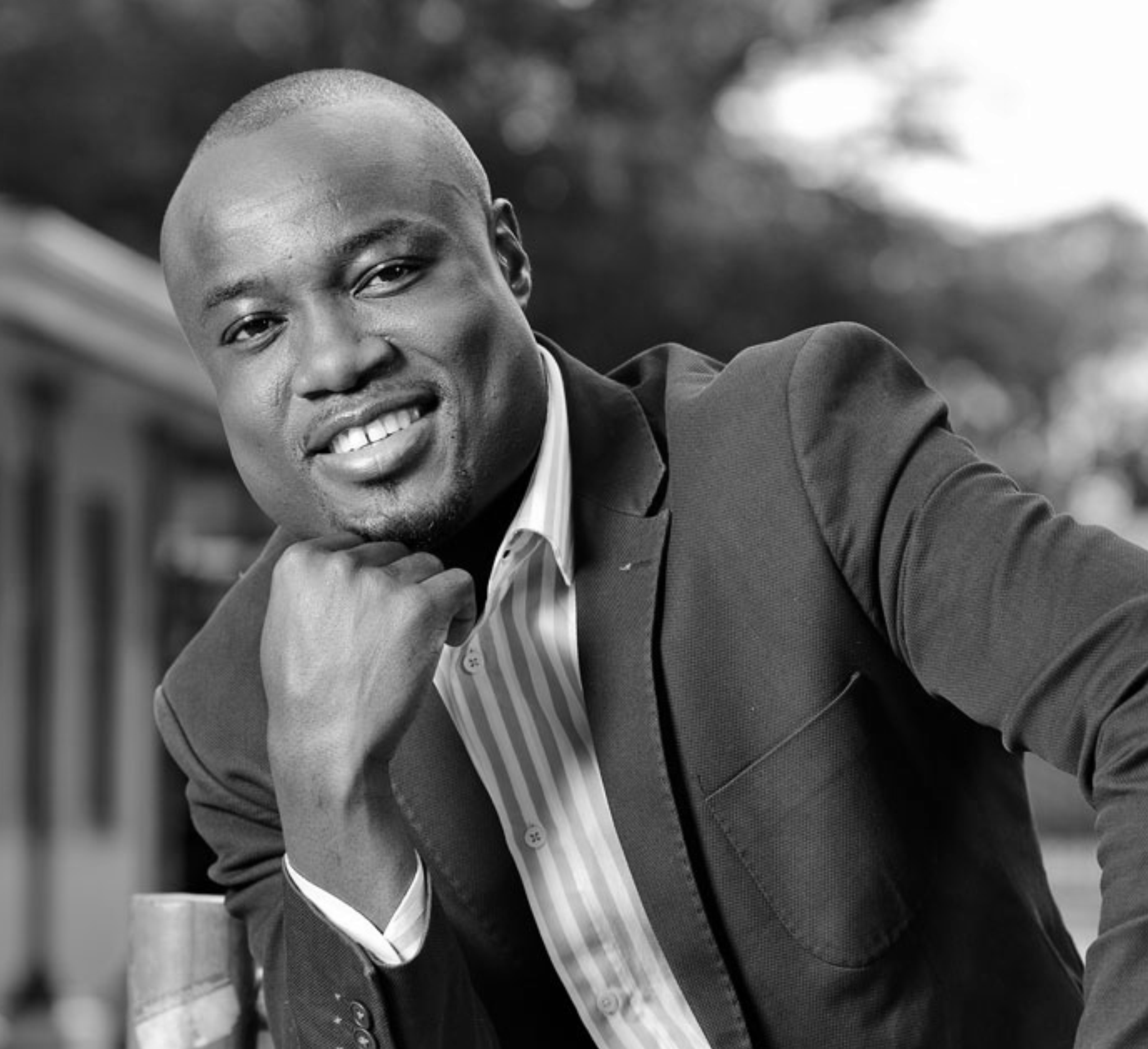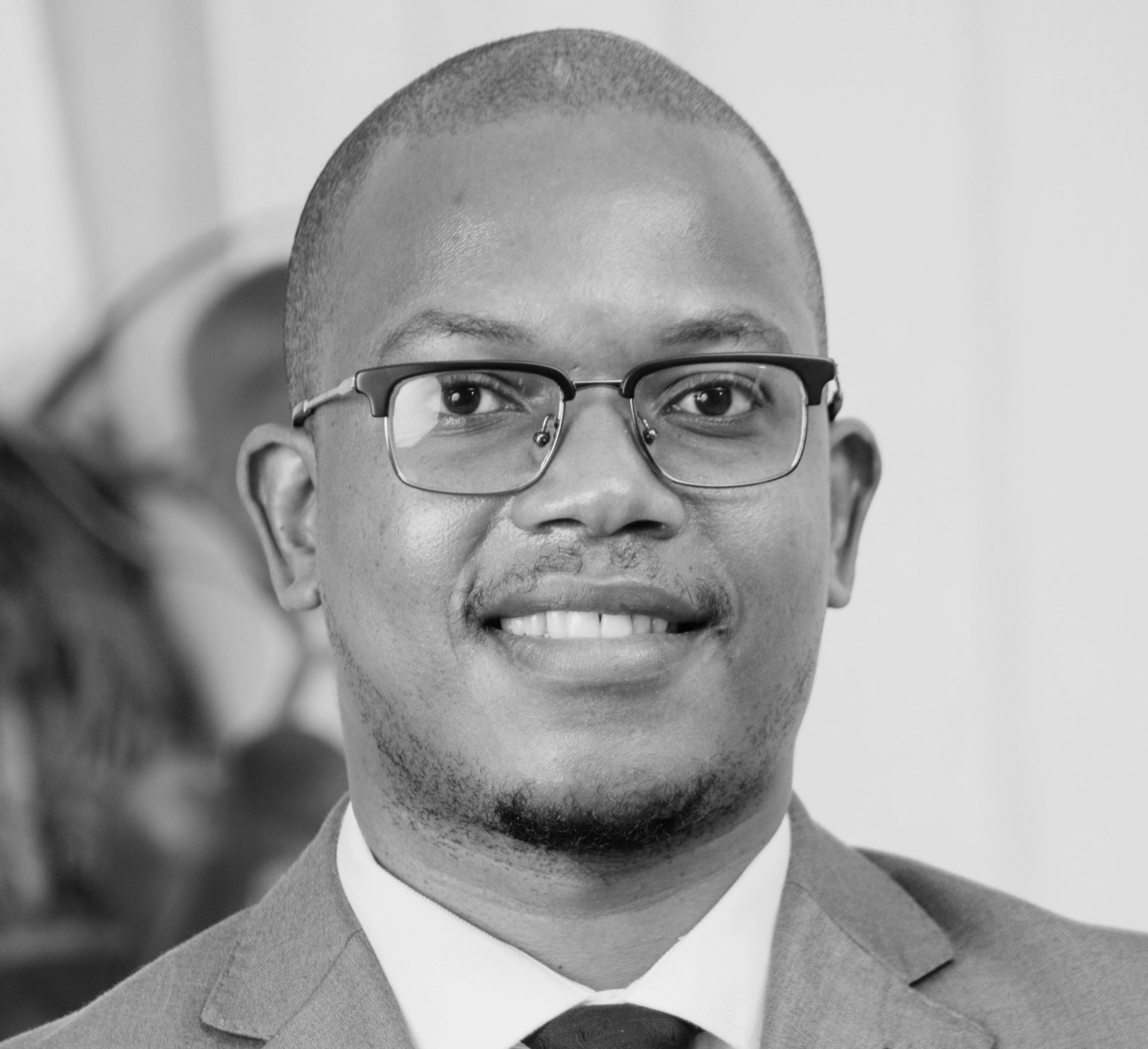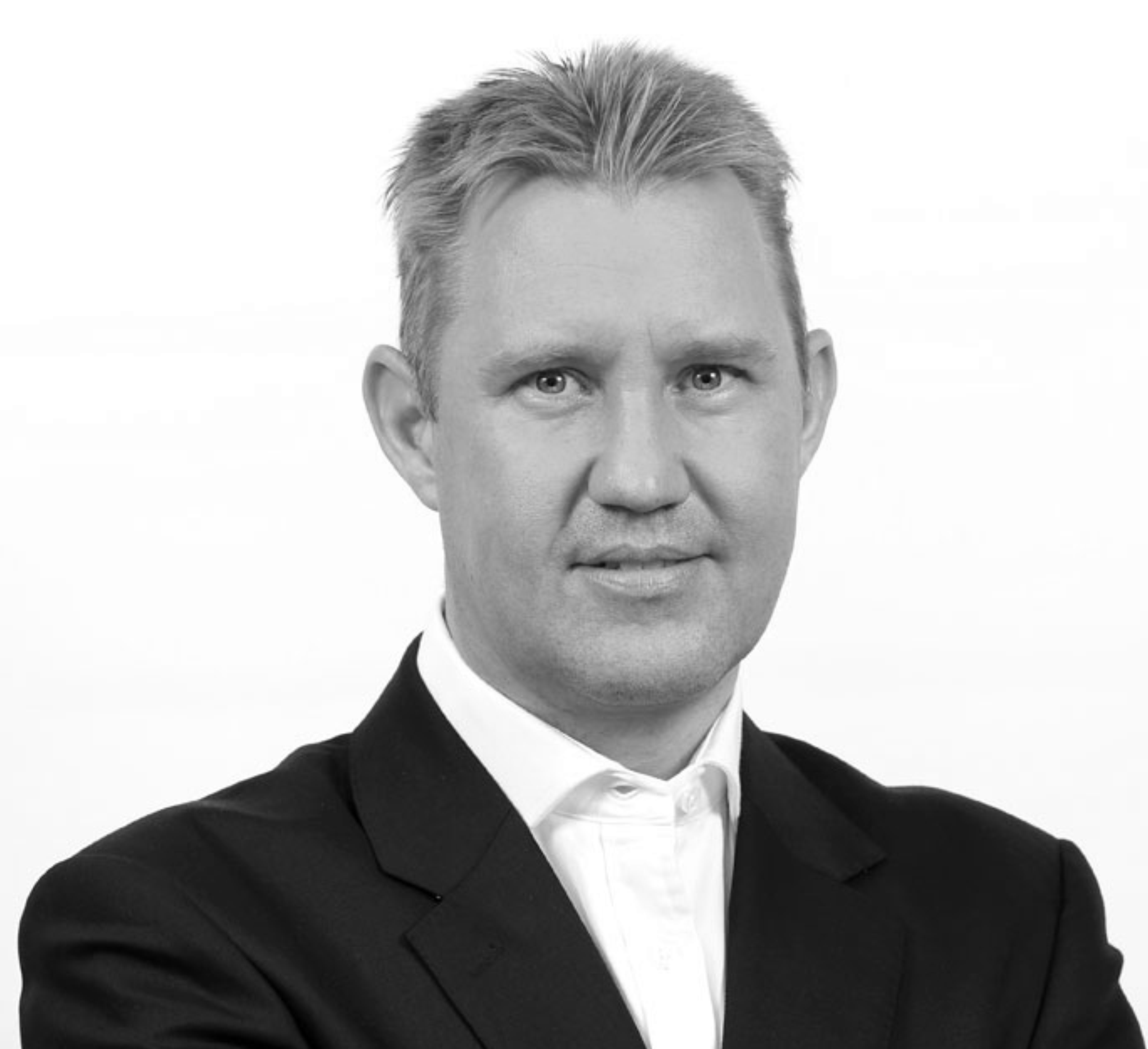156: Gerda Janse van Vuuren
By her own admission, Gerda Janse van Vuuren believes she was an accountant before she even knew what an accountant was, and here she discusses her natural affinity for numbers, her role as CFO at SA Mint and her obsession with baking sourdough bread.

CIARAN RYAN: Today’s podcast is sponsored by Draftworx, which provides automated drafting and working paper financial software to more than 8000 accounting and auditing firms and corporations. CFO Talks is a brand of the South African Institute of Business Accountants. It’s a great pleasure today to welcome Gerda Janse van Vuuren, who is CFO at SA Mint, that’s owned by the South African Reserve Bank and is responsible for minting all legal tender coins in South Africa. The SA Mint also manufactures and distributes collectible coins locally and to the international market. The company has a joint venture company called Prestige Bullion with Rand Refinery, which manufactures and distributes bullion coins, most notably the 22-carat bullion Kruger Rand. Wow, what an interesting company. Gerda has been with the SA Mint since 2014, prior to that she was divisional financial director at Nampak Glass and before that, she held the position of group financial manager at Nampak. Gerda, first of all, welcome, it’s good to have you on CFO Talks.
GERDA JANSE VAN VUUREN: Thank you for having me.
CIARAN RYAN: To the extent that you can, tell us what you do at SA Mint and was the intro fair enough, did it cover what the Mint does or is there something else that we should add to that?
GERDA JANSE VAN VUUREN: No, you’re spot on. We obviously do circulation coins for the Reserve Bank, we also do some circulation coins for export countries, but the Reserve Bank is, obviously, our biggest customer. Then collectible products are really your proof products, so we make a lot of collectible products for the collectors’ market and then, as you mentioned, through Prestige Bullion we also service the bullion market. The bullion product is more focused on your investor, so it normally sells [unclear] above the metal price and it’s meant to be an investing product, as opposed to collectible products, which is more for the collector, and it normally comes in a fancy box with a certificate and so on. So that’s pretty much what we do. I am chief financial officer at the Mint, I have been there since 2014 and I’m responsible for financial strategy, financial input into the strategy and executing the financial strategy for the company, leading the company in terms of financial reporting, financial decision-making, all those types of things.
CIARAN RYAN: You’re a chartered accountant and you’re also pretty passionate about the analytical side of accounting, so maybe let’s talk about that, what exactly do we mean there, analytical side of accounting. What does that mean to you and how does that impact your role as CFO?
GERDA JANSE VAN VUUREN: From my side, I think I have always had an affinity for numbers, I love analysing data, building financial models, finding trends, basing decisions on facts and figures. I was a bit of a maths geek at school, and I have always loved a bit of a challenge. I always joke that I might have become a maths teacher if it didn’t pay so poorly. As a CFO, for me, I believe that the biggest part of my role is to translate financial numbers and data into something that the business can use for decision-making. It’s often a challenge because for us as accountants, the numbers make sense and we instinctively and intuitively understand the trends. So the trick is really to find the best ways to present that information to the business for decision-making. In the organisations that I have worked with, a lot of the people on the EXCO are engineers and sales and marketing people, they are not necessarily financial people. So it’s trying to find the best way to share that information in a way that the business can make decisions. I often say that I am a translator of financial numbers.
CIARAN RYAN: That, of course, is very much part of the job of the modern CFO, isn’t it? It’s to be able to communicate the subject of numbers and tell the story in numbers. But there’s a narrative built around that, so how much of what you’re doing is that, communicating?
GERDA JANSE VAN VUUREN: Quite a lot, we communicate to the executive and internally there’s quite a lot of information that needs to be communicated there and, of course, you need to translate those numbers on a monthly basis to see if you’re on track for forecasts, meeting budgets and targets, and what can we actually do to rectify if we are not on track. Then we do have our own board, so there are board reports and so on. We also do an annual report that we don’t widely distribute. So there’s quite a bit of communication and that translation of numbers to different audiences. You would also need to look at who the audience is, what would they be interested in and how can you actually translate that information without giving too much blurb and for their purpose.
CIARAN RYAN: Tell us a bit about yourself and your background, where you grew up and how you entered the world of accounting.
GERDA JANSE VAN VUUREN: I grew up in a fairly large, extended family and to be honest, I didn’t know any accountants growing up. My father was a salesperson, we moved around quite a bit when I was a child and for most of my childhood, my parents both worked in the shoe industry in the days when shoe shops were still large shops in city centres, and they did a lot of work in terms of actually decorating shop windows, and I remember that sort of thing from my childhood. My dad had a stroke when I was 12 and he never really fully recovered after that, and he passed away in my second year of university. In matric I really didn’t have any idea as to what I wanted to become, so my mom sent me for a career assessment at the time and they basically told me I should either go for a chartered accountant or an actuary at that point in time. I didn’t really know what either of those careers entailed much at the point in time, but I did do accounting at school, and I loved accounting at school, so I went for accounting.
CIARAN RYAN: Where was it that you grew up, you said you moved around a lot, like where?
GERDA JANSE VAN VUUREN: Mostly in Pretoria, Gauteng, I also spent a number of years in a little town called [unclear], which is not far from Delmas. So mostly in that area. My brother was born in Phalaborwa, so we did get around quite a bit.
‘I always say that I think I was born an accountant.’
CIARAN RYAN: So your parents were in the shoe business, it’s an interesting story. So it was just really a love for numbers that got you into the world of accounting, is that right?
GERDA JANSE VAN VUUREN: Yes, as I indicated, I loved maths, so in high school when we needed to start choosing subjects, I decided to go with accounting and for me, it just made sense. I did very well in it and I didn’t really need to try too hard, which is always a plus. So I have always enjoyed numbers and I always say that I think I was born an accountant before I actually knew what an accountant was. As a child, I’d be the one of my siblings who would be able to actually budget my numbers and budget my allowance right until the end of the month. There’s an interesting story, when I turned ten, I got a birthday [unclear] and I spent the whole day in CNA trying to work out the optimal ways of spending that money to make sure that there’s not too much left over but I can get the maximum number of items that I wanted. At the time we still had GST – I’m giving away my age a little bit – so it was sitting and working out calculations. So I do believe that I was probably an accountant before I even knew what an accountant was.
CIARAN RYAN: That’s an interesting story. A question on that, the accounting profession, what state is it in, in your opinion? You’ve spent all your career as an accountant, is it in crisis because of these accounting scandals that we’re hearing about? If so, what can be done about it?
GERDA JANSE VAN VUUREN: I don’t think it’s in a crisis per se but I do think all these scandals like the Steinhoff scandal and so on has forced accountants, and other professionals actually, like independent directors, investors, auditors, to actually reflect. It is the responsibility of all these parties to ask the tough questions and keep management on their toes. I spent a number of years at Deloitte in the auditing profession and we used to have terms like corroborative inquiry and professional skepticism. I often reflect on that with some of my accounting friends and auditing friends, and saying what happened to that because that actually means that you shouldn’t just accept an explanation at face value, you should be getting information to corroborate that. I think some of that was lost in some instances and I think there’s probably a lot more focus on that now. I would imagine that in the aftermath of these scandals, there’s probably a lot more tougher questions being asked in boardrooms at this point in time, than there were a couple of years ago, and that’s good because it’s important to keep management on their toes. But also, I think there’s been a misunderstanding by the investing community and people maybe on the ground in terms of what the role of the auditors are. The auditors are not there to detect fraud and to find every single thing that’s going wrong in the company, that is management’s responsibility. But it’s important to ask those types of questions, it’s first and foremost management and the board’s responsibility to make sure that fraud is detected, that errors are being picked up as far as you can. So I think it’s caused some reflection in that profession and that’s a good thing, it’s always a good thing to keep you on your toes, you should never become complacent.
CIARAN RYAN: Yes, you mentioned professional skepticism, of course that has been at the root of the accounting profession for some time, and it can be something that gets neglected. One often imagines that if you’re doing an audit with a company year after year, you get the Stockholm syndrome effect, you get a little bit too close to management and you stop asking the probing questions. You’re having braais with them, you’re having lunch with them, you’re just a little bit too close, is that a danger that can happen?
GERDA JANSE VAN VUUREN: It’s absolutely a danger and I think the auditing profession has gone a long way with the forced partner rotation. To be honest, on the other side of the table it’s sometimes a bit frustrating because you have to explain, if there’s somebody new in the business, now you have to explain it again, but it’s important and it’s good because a new person comes in and I often find that when there’s been a change in the audit partner, audit manager, they ask new questions, fresh questions. If you made a decision as an audit partner, you’re not necessarily going to review that decision again next year in the same rigor as a new person would do that. There’s been a lot more pressure on the auditing profession as well, so I think they take their job much more seriously, I think, than 20 years ago. There are a lot of hoops with BAP and all these types of things, they can’t just sign off things without having the right rigor there. All in all it’s frustrating sometimes but I think it’s good because we’re getting close to what the expectation from the market and investors is, I think.
‘There are a lot of skills that develop over time that cannot be taught in university.’
CIARAN RYAN: The following question from that is really the role of experience in the development of a senior finance executive or a CFO and how important that is because it doesn’t seem that there is a clear route to the position that you hold as CFO. You came through as a CA, you did your articles but there are things there in your current role that were not teachable maybe. What’s your view on that?
GERDA JANSE VAN VUUREN: No, absolutely and I think first and foremost, and the biggest thing is the management of people and leadership skills, it’s not something that you can learn at university. Certainly, if I think about my university progression, there was absolutely nothing like that whatsoever. The first time I had experience with managing people and teams and so on was really when I was an auditor. I remember I had a bit of a rude awakening in my second year as my first accountant in charge role, how to work with auditing teams, a first year would become second year next year and the second year would manage that audit the next year. I assumed that the first-year clerk new what he was doing, he looked confident, and then when I wanted to review the work a day or two before the partner came in, there were a lot of holes to be plugged. So managing people, managing teams, working together as part of teams, working together with executives, working together with boards, all those types of things take a lot of experience and take a lot of practice. Writing reports is something that I know they are trying to teach some of that now with the SAICA programmes and so on. But it’s not that easy to teach that, it’s really trial and error, and the first time your report might be ripped apart and you have to improve, and it’s self-improvement, you have to work on it yourself. So there are a lot of skills that develop over time that cannot be taught in university. Yes, there are a lot of routes towards becoming a CFO, I think most CFOs in South Africa are chartered accountants but their experience and how they got there is quite different.
CIARAN RYAN: Yes, we’re finding that a lot of the CFOs in Europe, for example, are coming from a non-accounting background, so they would have urban planning or they would be engineers or something like that, ending up in a round about way in the CFO position. One of the things that we mention quite a lot here on CFO Talks is why there is this CFO (SA) designation that’s offered by the South African Institute of Business Accountants because there is no clear, defined route, so you need some sort of designation there to recognise the experience and the battle-tested skills that have been acquired in a long career. I’m sure you can go to a fresh CA and say, well, these are things you’ve got to watch for, but until that person has gone through some real trial by fire type of moments, they’re not going to know really what you’re talking about, it’s not something that’s easily explained to somebody else. Would you agree with that?
GERDA JANSE VAN VUUREN: Absolutely and that’s why to include a management section or something like that into a university degree is not really going to help, it’s practical experience and I think that’s where the CA role and the CA qualification actually does go some way towards that because in your articles and throughout the article period, a lot of those professional skills, soft skills, are being taught and you are being evaluated on that. The reality is that even that is limited. In the auditing profession I think it’s a little bit easier because you do have that natural progression, your first year becomes your second year, third year and by third year you’d manage a whole audit. Whereas in the public sector, in the banks and so on, where they also train chartered accountants, it’s not always that easy to get that experience, unless you get to a point where you are managing people. So I think there is some merit in looking at something like that but it’s difficult to teach these skills, it’s really hands-on experience, on-the-job skills that you learn as you go along.
CIARAN RYAN: Are you working now from the office or from home?
GERDA JANSE VAN VUUREN: I’m sitting in my study in Kyalami. It’s been an interesting year and I think even in the finance area we’ve had to learn to adjust quite significantly. If you asked me 18 months ago if my entire finance team would be able to work from home, I would have probably told you no, some of us maybe some days. Now we are doing everything from home, creditors clerks, debtors clerks, financial accountants. Microsoft Teams has become the new way that we do work, so it’s possible. But yes, I am working from home and I have been working from home since April last year, and there are pros and cons to that, it’s nice to have a little bit of flexibility but for me, the biggest downside is that you really never switch off. Your computer, your study, it’s always there and it’s very difficult to completely switch off. You can’t just close your computer, go home and forget about it. But yes, it is the way of work at the moment.
Learning to bake bread in lockdown
CIARAN RYAN: I guess a follow-on question from that is what do you do in your downtime? Can you turn off the computer, have you got a family, how does that work?
GERDA JANSE VAN VUUREN: I’m a single mother and I have two daughters, the eldest one is at university and the youngest one is at home, and she actually finished her matric last year in lockdown. So they keep me busy and entertained to a large extent. I have always enjoyed cooking, trying new recipes, entertaining friends and all these things that are obviously not that easy to do at the moment. So last year when lockdown kicked in I decided to try my hand at making sourdough bread and it’s become a bit of an obsession of mine. So that’s making bread without yeast, with a natural yeast, growing my own culture, which I’ve been able to keep alive for about 18 months by feeding it flour and water, and then baking bread with it.
CIARAN RYAN: Sorry, what kind of flour because we’re doing exactly the same here?
GERDA JANSE VAN VUUREN: I use all stone ground flour, which is natural flour, so you actually know what is in your bread. There’s no instant yeast in it. But it’s a bit of a niche thing, I guess. There are loads of videos on YouTube and everybody who has tried their hand at it has got some advice. So I’ve been trying to find what works for me and I’ve been managing to keep a starter culture that I grew in March last year alive for 18 months and I have been doing a lot of baking with it. I’m also trying other recipes like hamburger buns, bagels, pita breads, ciabatta, all sorts of things like that. So it’s been fun and I think to a large extent that’s kept me sane in the last year because it’s a routine thing and if you do it right, you can create a beautiful bread. So my Instagram feed has probably been littered with pictures of bread in the last year but it’s been good and it keeps me occupied. So that’s definitely been my obsession in the last year. Obviously, I don’t have much time to do it but whenever I can on weekends, I try to bake some breads. I’ll have to start selling or sharing this now with other people because we can’t eat so much bread.
CIARAN RYAN: Is it mainly wheat flour or are you using… One of the things we started doing is using cassava flour, which is West African flour.
GERDA JANSE VAN VUUREN: Okay, no, I’m using mostly wheat flour, some rye flour from time to time. But I think because of the natural leavening process and maturity process, it takes a day or up to two days to make some of these breads. It does break down the glutens in the bread quite a lot more, so I think it’s generally a much more healthier bread. I’ve learnt a lot about all these things in the last year.
CIARAN RYAN: Fascinating. Apart from that, you’ve got the one daughter at home, one is away at university, I guess it’s a pretty full life, right?
GERDA JANSE VAN VUUREN: Yes, it is, and I have really great friends and we try to keep in contact. So we’ve learnt to do video calls via Skype or Teams or even WhatsApp. My daughters keep me pretty busy as it is already, they’re very talkative, so it’s interesting growing up with young people of today, especially because my daughters are both quite environmentally conscious, they’ve both decided to become vegetarians a few years ago. So it’s interesting having conversations with them, I can learn so much from them. I was having a conversation with my eldest daughter this weekend and she was talking about critical thinking, she’s studying economic anthropology, she’s doing her honours in economic anthropology this year. She was just talking about critical thinking, and she was telling me that she’s tutoring some younger university students and trying to get them to think about things critically. It’s very interesting, I can sit and listen to them for hours.
CIARAN RYAN: Yes, critical thinking, I think in any profession it’s something that has to be learnt and developed, it’s actually a skill that is developed. Here we go, final question, I want to know from you what books you would recommend?
GERDA JANSE VAN VUUREN: I love reading, I have been a bookworm ever since probably kindergarten, but I do read mostly for pleasure, I don’t read a lot of self-help books or too many leadership books. I love historical fiction and from my perspective I read a fantastic book earlier this year called a Gentleman in Moscow by Amor Towles. It’s set in 1917 just after the Bolshevik Revolution and he’s basically imprisoned in the Hotel Metropol in Moscow. It’s fascinating, it’s all that I love about a novel, rich, colourful descriptions, wit, philosophical wisdom. It’s very, very interesting and I would definitely recommend that.
CIARAN RYAN: I’m just looking it up here now, it was written in 2016 by Amor Towels and that’s his second novel.
GERDA JANSE VAN VUUREN: Yes, that was his second novel. I actually then ended up reading his first novel as well, which was set in New York. Also fascinating and a very interesting book. In that one the storyteller was actually a girl, a progressive, career-orientated girl. I think it was set in the 1930s, 1940s. Then he is releasing another book in October, so I have got it on my wish list.
CIARAN RYAN: Wow, okay, is it fairly pacy and there’s a good, gripping storyline?
GERDA JANSE VAN VUUREN: Yes and no, it’s very descriptive and because it’s set historically, I end up Googling a lot of places and the events and so on. For me, it was very interesting.
CIARAN RYAN: Well, I think I’m going to add that to my reading list because I’m just looking at the reviews and the reviews are good, people have enjoyed this. So that’s a great recommendation and it’s not one I’ve heard before, so thank you for that. Okay, we are going to leave it there. What a fascinating discussion that was with Gerda Janse van Vuuren, who is the CFO at the SA Mint. It’s an interesting company, Gerda has an interesting life story and an interesting take on the accounting profession and sourdough bread [laughing].
GERDA JANSE VAN VUUREN: [Laughing] Sourdough bread, the baking bean counter.
CIARAN RYAN: Yes, it’s also something my wife and I started doing during this lockdown is making this sourdough culture and trying out different types of bread because there’s this Holy Grail of bread, where you’re trying to get the hard crust and it’s nice and soft inside.
GERDA JANSE VAN VUUREN: Open crumb that’s what they call it.
CIARAN RYAN: Open crumb, is that right? Gerda, thanks so much for coming on and joining us and we really look forward to staying in touch and getting you back on again when things have hopefully moved along and settled down a little bit, it would be great to catch up with you again.
GERDA JANSE VAN VUUREN: Thank you for having me, it was interesting.

